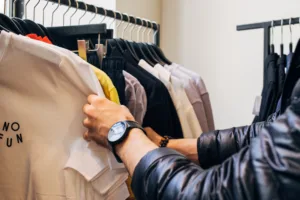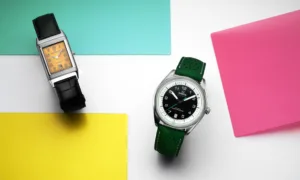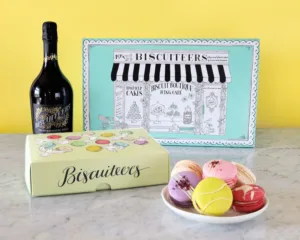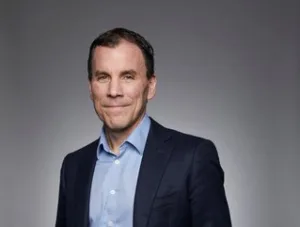The outlook for luxury shopping in 2023 is very positive, according to exclusive research of 500 luxury shoppers conducted by Wunderkind, a performance marketing solution that scales one-to-one messages for retailers and brands.
Looking back over the past year, Wunderkind’s research found that nearly half (45%) of respondents purchased 3-5 luxury goods in 2022; while just under a quarter of respondents (24%) purchased 6-10 items, and 11% purchased luxury goods more than eleven times in a year.
In good news for the 2023 outlook, the same research reveals that 70% of consumers are confident about their personal economic prospects and 89% expect to maintain or increase their level of online purchases this year. However, success for luxury brands will be contingent on delivering consistently personalised digital engagement across multiple channels – as the same proportion of respondents (89%) said that, when considering whether to purchase from a new brand, personalisation of messaging and content has a significant influence on their decision-making.
While luxury consumers are often fiercely loyal to their chosen brands, with a tendency toward repeat purchases, Wunderkind’s research showed that 45% are open to broadening their horizons and trying new brands. Social media channels were considered the most influential for staying engaged with luxury brands, the favoured option of more than half (53%) of respondents, followed by a brand’s app (46%) and email (45%).
Reflecting on their journey to purchase, 50% of consumers stated that they research a product 3-5 times before they buy. For millennials in particular, this journey is often fragmented and ‘omnichannel’ – spanning 3-5 channels or platforms before ultimately closing the purchase.
Cian Agnew, Executive Director of Client Partnerships at Wunderkind, commented: “There are valuable lessons in the research for brand marketers in the face of economic uncertainty. While 70% of luxury consumers are confident about their personal economic outlook for 2023 – indicating a broadly undiminished appetite for shopping – the consideration phase is still relatively elongated, with consumers researching products across multiple brand channels, and in multiple sessions, before ultimately adding to basket.”
“These findings support the need for brands to have strategies in place to effectively capture visitors via their owned channels – and to then re-engage and bring them back on-site if they don’t convert on their first visit. Communicating in a way that’s highly relevant, personal and tailored to the individual is key bringing consumers back – and turning casual browsers into loyal, repeat purchasers,” he concluded.
Wunderkind surveyed 500 people (250 in the UK and 250 in the U.S.) with a 27-question survey. The survey focused on consumer sentiment towards luxury brands amid economic uncertainty, and what consumers are looking for when making luxury purchases. To qualify for the survey, U.S. respondents had to make a salary of over $100,000, while UK respondents had to make over £60,000. This ensured our sample represented the types of buyers who might consider shopping luxury.












